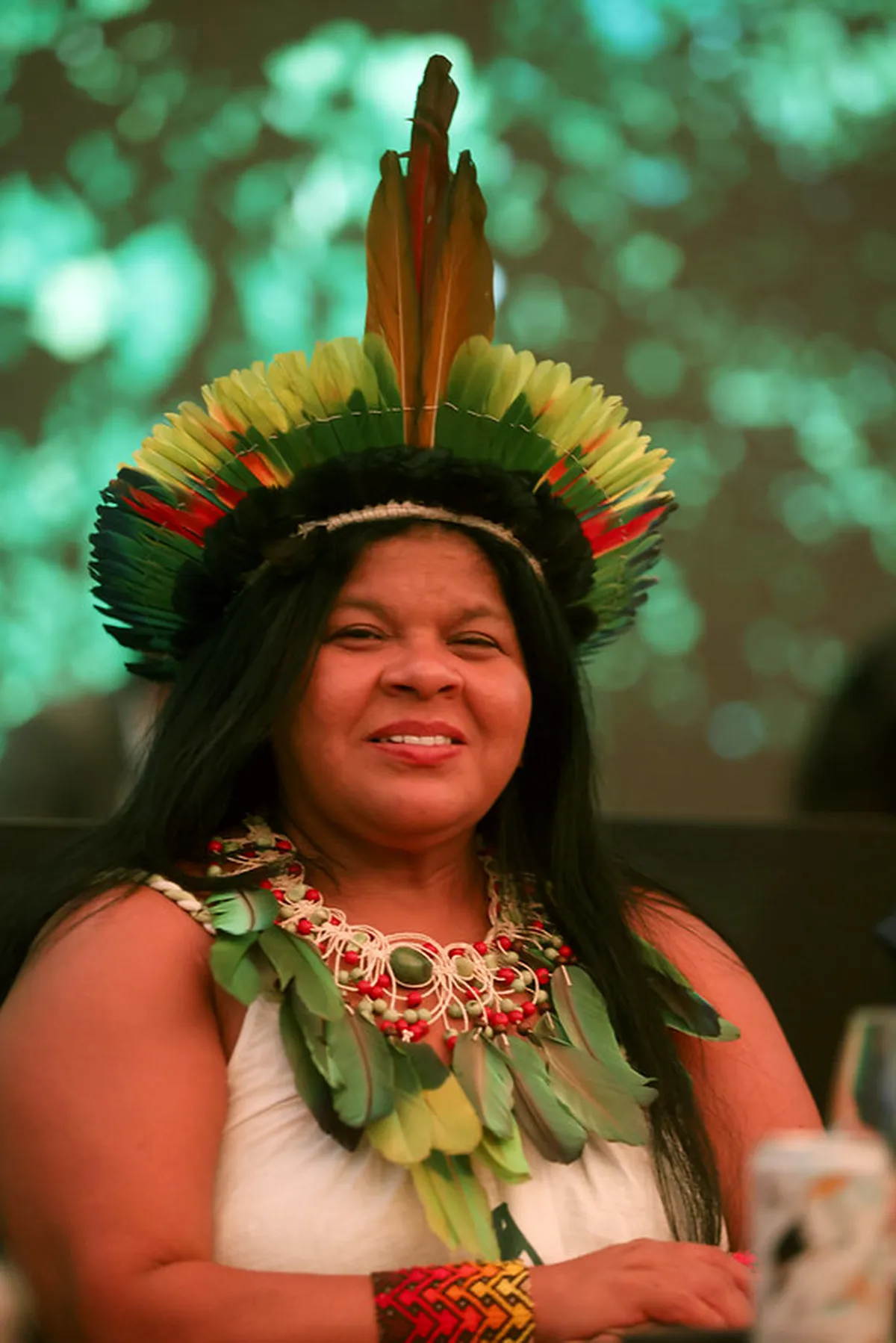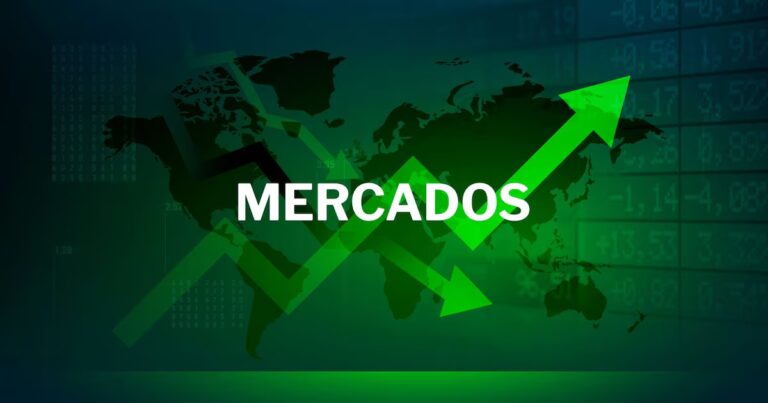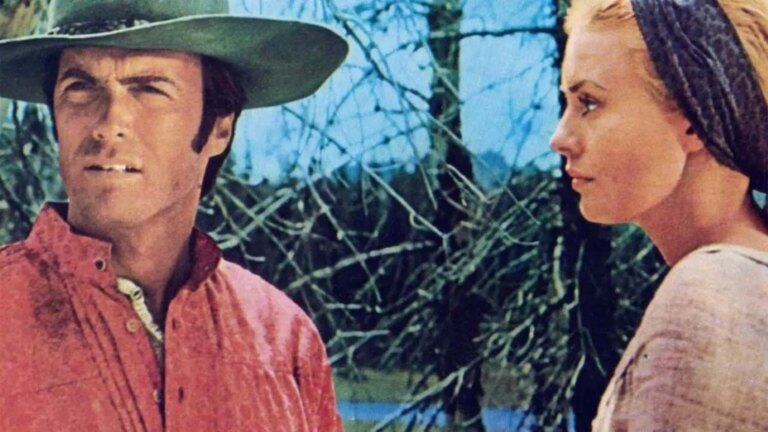
Sonia Guajajara, Minister of Indigenous Peoples, stressed that one of the main challenges of the COP30 negotiations is to ensure territorial recognition and delimitation of indigenous lands as part of global climate policy in the conference’s final declaration. He said there was a clear articulation in this sense, saying that securing territorial rights is not a concession but a condition for climate justice to be possible, underscoring the importance of President Lula’s emphasis on this message in his opening speech.
In a phone interview for her blog, Sonia also emphasized the importance of indigenous leaders directly participating in negotiations. “This is an Indigenous COP and is much more than just a name. This is a milestone of representation and protagonists,” he said.
Last time we spoke, you were in New York and you said you were planning to bring the largest indigenous delegation in COP history. Was this objective achieved?
Sonia Guajajara — Yes, it’s happening. Only Brazil has already surpassed the highest number of 350. There are at least 400 recognized indigenous peoples in Brazil alone. The exact number of other countries is not yet known, but there are many ethnicities represented.
And a lot of them have access to trade zones, right?
yes. We have indigenous groups that participate directly in thematic discussions with negotiators. This is an important advance because it involves Indigenous peoples in the decision-making process.
- Economy and climate are inseparable, but Shows a new documentary that talks to 27 leaders from different fields
- Less than 20% of adaptation resources reach developing countries. See what it takes to unlock your investment
President Lula opened the meeting by emphasizing the importance of indigenous territories, a theme that you have always championed. What does this mean?
President Lula is committed to indigenous territories, with the understanding that Brazil is fully indigenous and that these territories were taken and must be returned to their original peoples. This development does not happen as often due to legal obstacles that the National Assembly managed to approve even after the presidential veto was overridden, as in the case of Law No. 12,701, which set a deadline. Still, Lula recognizes the importance of territory and indigenous peoples, both for life and physical and cultural reproduction as enshrined in the federal constitution, and for confronting the climate crisis.
MPI coordinated with the President’s advisors, MRE and MMA, to publicly announce the importance of indigenous territories and ensure that these themes were included in the President’s speech. This represents an important step towards further advancing this climate change conversation, taking into account indigenous peoples and their territories as mitigation options.
But is the inclusion of indigenous land demarcation as part of climate policy in Brazil’s Nationally Determined Contributions (NDC) still a far step?
We have been moving this discussion forward. Today, the Indigenous NDC proposal developed by the Indigenous Movement in collaboration with MPI and MMA is to be analyzed by the Inter-Ministerial Committee on Climate Change. Yes, this is progressing. Although no new items will be discussed at this COP, the necessary steps are being taken to ensure that the latest version of Brazil’s NDC includes the delimitation and territorial protection agenda as a mitigation measure and a key contribution to achieving the country’s zero deforestation goal.
How are discussions about indigenous territories viewed by other countries?
I believe that important progress was made at the Leaders’ Summit, which I also attended for two days. It was surprising and heartening to see countries talking about the importance of indigenous peoples, the role they play in the climate and their territories, and the need to guarantee direct financing to indigenous peoples. Throughout history, this topic has always been a secondary or even non-existent topic, so it was very positive to see progress on this topic at the summit. Well, we have succeeded in putting the indigenous peoples’ agenda at the center of the climate change debate at this COP.
- NGO confirms historic progress in recognizing environmental racism at COP30;Understand the terminology
Were you satisfied with the initial results of TFFF?
We have links with Norway, France and Portugal, as well as other wealthy countries that have contributed funds to the Tropical Forests Forever Fund (TFFF). We will also have dialogue with Indonesia, the Congo Basin countries and Kenya, which have begun discussions about territorial recognition.
More than 70 countries are participating in the TFFF discussions. Brazil, in cooperation with the MMA and the Ministry of Finance, is organizing these countries to participate in this mechanism and present proposals for forest protection, while setting the amount of money that rich countries can contribute.
I think it was an important start. We managed to get a start with US$5.5 billion on the first day, and continued to coordinate and dialogue with other countries so that they could allocate more resources. We see this first moment as a step to encourage countries to contribute resources. There are also very good and very optimistic estimates that there will still be other contributions.
The difference with this TFF mechanism is that there is already a guarantee that at least 20% of all donated resources will be transferred directly to indigenous peoples and indigenous organizations. This is already a huge advance and represents a difference from all other mechanisms. And there is also this promise. Each country must sign a resource receipt and guarantee a 20% transfer.
Before the conference, there were criticisms and doubts about holding COP30 in Belem. How do you evaluate the organization and atmosphere at the time of establishment?
I think everything will be fine on our indigenous side. Because this is the first time that indigenous peoples are not only participating in the COP, but also at the center of global decision-making.
Indigenous agendas, territorial and forest agendas are at the center of decision-making. So from that point of view, it’s already been a success. Now, it is important to understand that there are many challenges to establishing the consensus that will need to be reached at the end of the COP, where agreements and commitments will be announced.
Together, we are working to ensure that the recognition of Indigenous territories and the demarcation of Indigenous lands ultimately becomes a reality in climate policy. Because, after all, we are talking about territory considering different dimensions: land territory, forest territory, sea and ocean territory, and that is also a central theme.
We already believe that this is an indigenous COP and is much more than just a name. It is a milestone of expression and protagonist.
We need to coordinate these two weeks to raise awareness among countries so that we can reach these agreements. There are many topics to discuss and everyone will protect their interests, but as President Lula has said and as Minister Marina has always said, Brazil is building a roadmap towards zero deforestation and the elimination of fossil fuels.
I think we’re at a point now where we’re really thinking about this transition and anticipating this transition. And when we talk about this transition, we Indigenous people bring about a just transition. Because listening is important and ensuring participation is important. That’s why we strive for greater Indigenous participation. Because we need to ensure that these voices are heard and considered.



